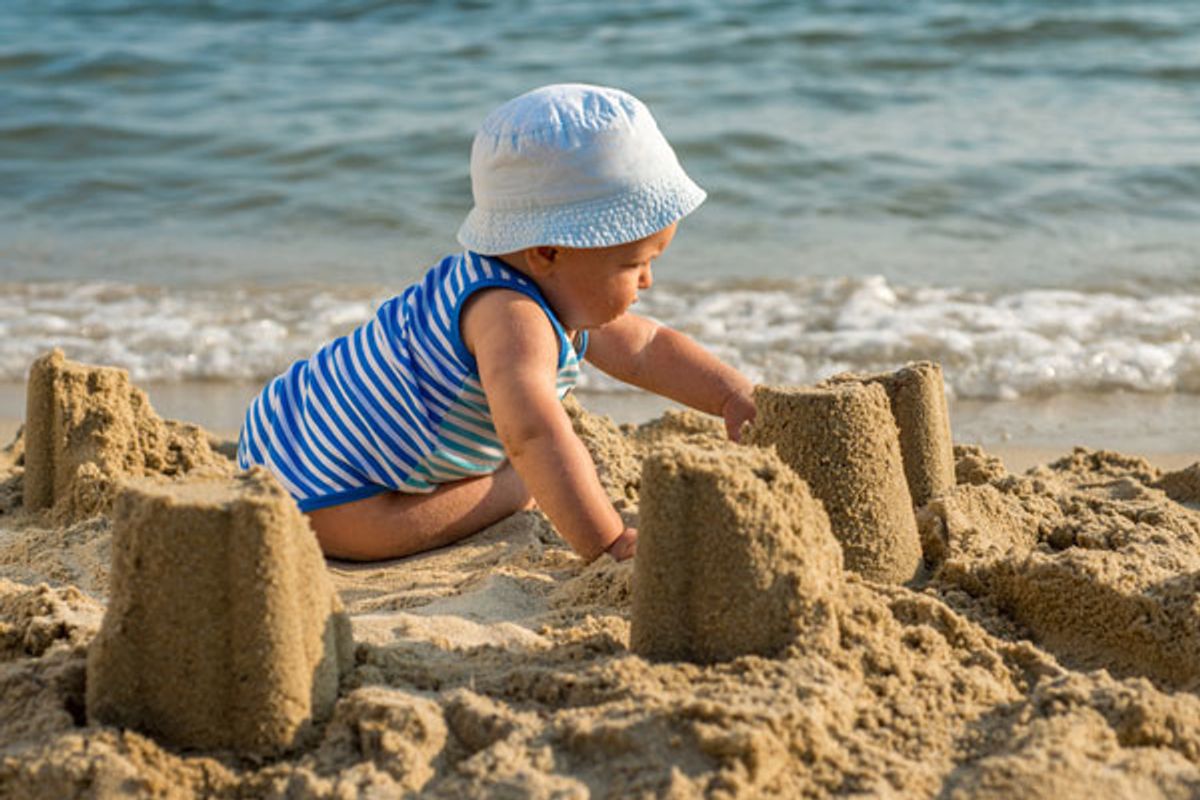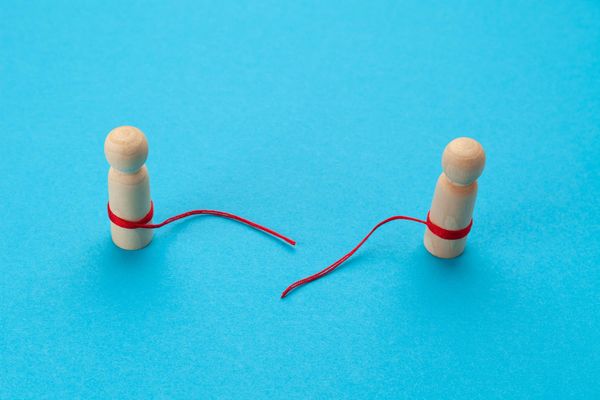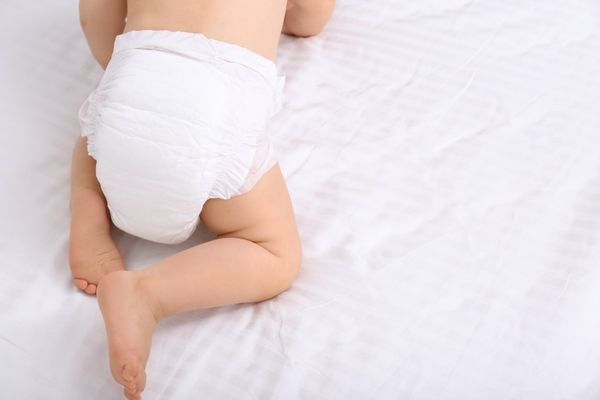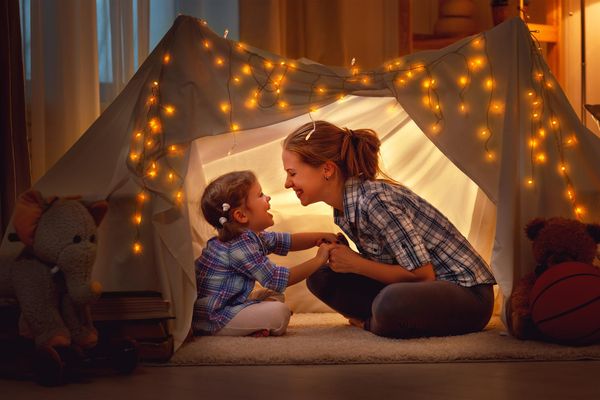Ah, life with a baby. When you aren't feeding, changing diapers or cleaning spit-ups, you can head outdoors and show your baby the world. Stroll him around the neighborhood and teach him all about trees, the sky and the great outdoors. Frolic at the beach as he discovers sand. Push him in the baby swing at the park as he squeals with delight.
Hold these dreamy thoughts. All these activities are outdoors, in the sunshine. Yes, vitamin D and fresh air are good for everyone, baby included. But you have to be careful with that sun when you have a baby. Just one blistering sunburn during childhood or adolescence more than doubles one's chance of developing melanoma, a deadly type of skin cancer, later in life, according to the Skin Cancer Foundation.
And just because your child doesn't sunburn doesn't mean he's off the hook. The sun's impact builds over times. That means that exposure, even moderate, can lead to skin issues later on like wrinkling, freckling and cancer.
Don't get burned. Follow these basic guidelines to help protect baby from the sun.
Timing is everything. Watch what hours you take your baby outside. Avoid the sun when it's strongest, from 10 a.m. to 4 p.m., according to the American Academy of Pediatrics (AAP).
Dress him right. Put him in long-sleeved, tight-weave and lightweight clothing. Attire should be light colored because that will reflect the sun's rays versus darker colors that absorb the rays. Choose the fabric with care; it lacks protection if you can see through it. Put him in a hat with a brim and flaps so that his neck, face and ears are covered, avoiding baseball hats, which generally don't protect the ears and neck. If he'll wear a pair, put on child-sized sunglasses with UV protection. You can also dress him in sun-protective shirts, swimsuits and more.
Practice vigilance. The sun's rays can damage the skin any time of day and year. Even if it's cool, foggy, hazy or cloudy, still cover up baby because these types of weather don't block UV rays. And remember that the sun's rays bounce off cement, water, sand and snow, too.
Use the right sunscreen. For babies under six months, the AAP says sunscreen can be used on the back of hands, the cheeks and other small areas of the body, if the right clothing and shade are unavailable. (Talk with your pediatrician first.) Babies older than 6 months can wear more sunscreen more often. Test your baby's sensitivity by dabbing a small amount on his inner wrist. Use a sunscreen made for babies that has a sun protection factor (SPF) of at least 15 and is labeled as broad spectrum, which means it protects against UVA and UVB rays. If baby will be in water, the sunscreen should be water resistant or waterproof.
Apply often and early. Put on sunscreen 15 to 30 minutes before you go outside with your baby so it has time to be absorbed by the skin. Apply a generous amount and rub it in. Be careful around the eyes. Reapply every one and half to two hours, following the bottle's instructions.
Shade your baby. If he's in a stroller, make sure it has a sunshade or umbrella. At the beach or anywhere you'll be outside for a while, use a sun tent with mesh sides for ventilation.
Keep him hydrated. He can be losing fluids and you may not notice because babies don't sweat the way adults do. If he seems flushed, warm or restless—signs of dehydration—give him extra breast milk or formula (not water unless you're allowed to do so) to replace the lost liquids.
Loop in others. Caregivers should be on the same page about baby's sun protection. Be sure any caregivers have the right sunscreen and clothing.
Monitor his mood. If he's red, fussy or crying excessively, he may be dehydrated or sunburned or may even be suffering from heat exhaustion or heat stroke. Also monitor his urinating; if he's excreting less than normal, give him more fluids. If he's showing these signs, get out of the sun. Apply cold compresses to sunburned areas and bathe the baby in cool water, says the U.S. Food and Drug Administration. Call your pediatrician if your child is under 1 and gets sunburned.







